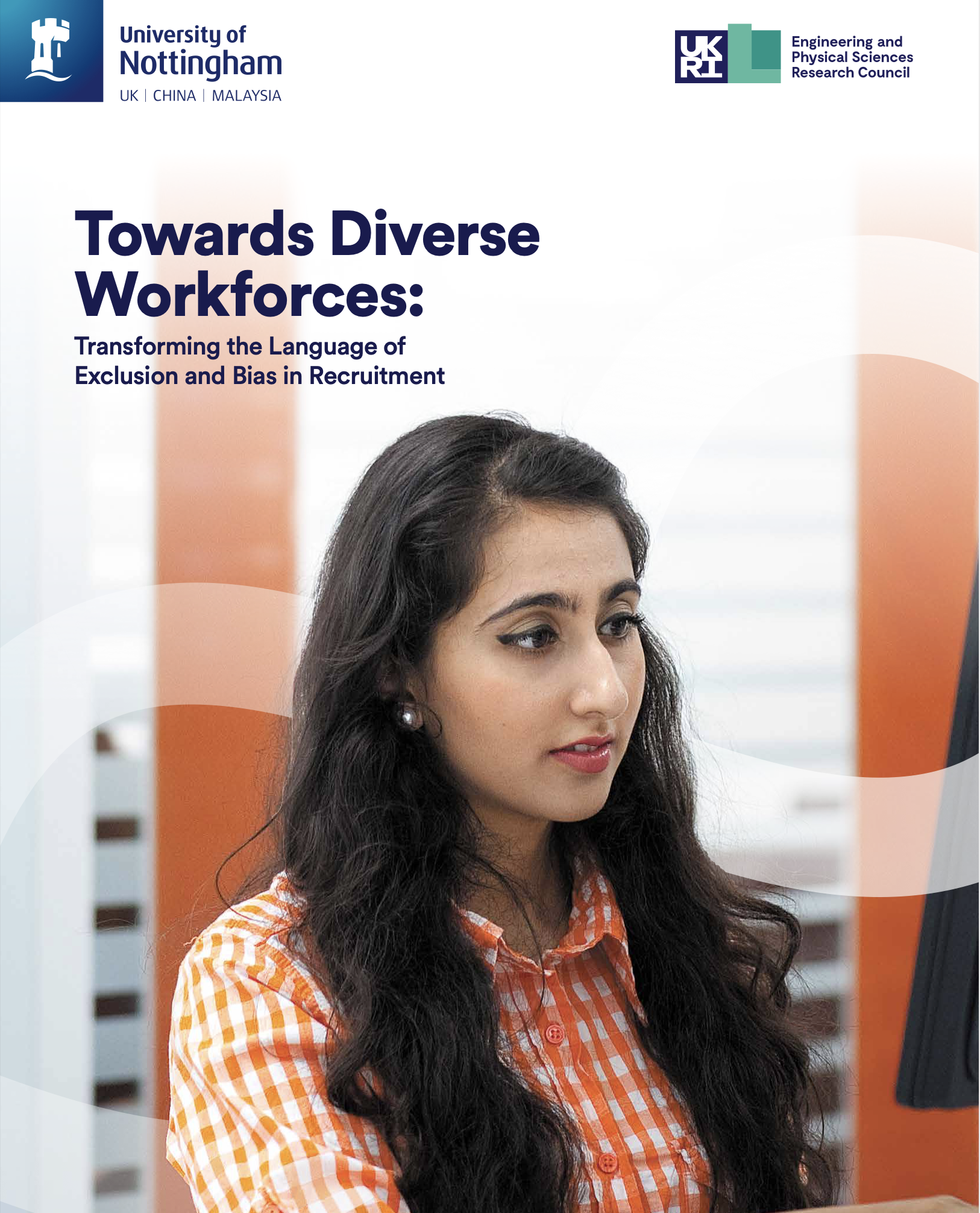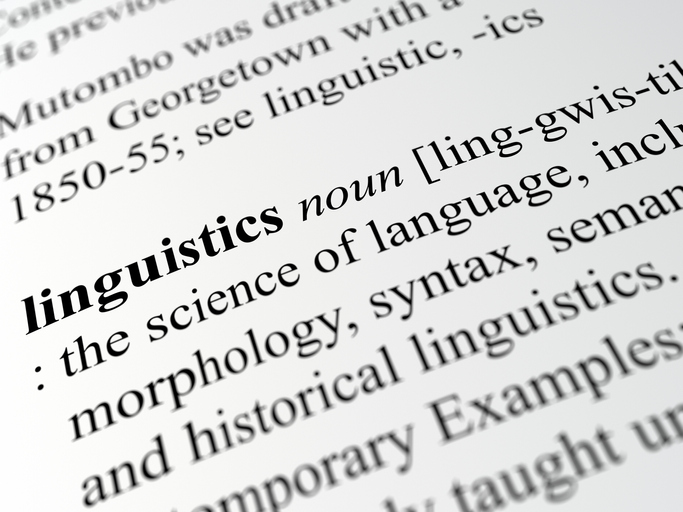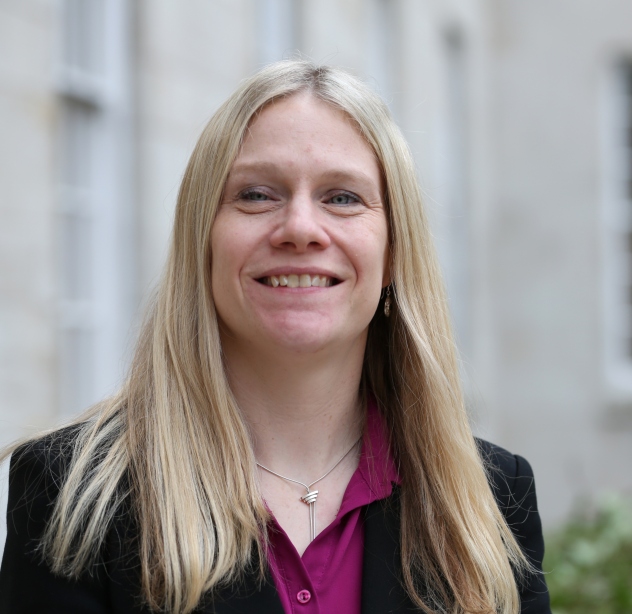Wednesday, 30 June 2021
Linguistics experts are calling for a complete overhaul of the way language is used in job adverts and recruitment campaigns to properly improve diversity and inclusion in the workplace.
The team from the University of Nottingham has published a new report which proposes comprehensive ways to eradicate the widespread language of exclusion commonly used in employment processes.
This work aims to help the huge numbers of people from under-represented groups who are put off applying for jobs and career progression because of outdated job specs and cursory references to equality, diversity and inclusion (EDI).

The language used in recruitment has a profound impact on how advertised job roles are discovered, perceived and interpreted by prospective employees. This language also offers a window into the organisational culture of the employer, including their attitudes to equality, diversity and inclusion.
The research team at Nottingham built a 1.4-million-word database of contemporary recruitment advertisements from a wide spectrum of employers. These industries included science, engineering, law, IT, medicine, psychology, finance, higher education and sales and marketing. A total of 1,055 job adverts from these sectors were analysed using a computer-based technique called corpus linguistics.

Overall, there were 10 key trends in these adverts that the researchers believe have a significant impact on how they attract and appeal to jobseekers. These include aspects of box-ticking and tokenism, vague and hyperbolic language, the over-formality of some phrases like ‘role-holder’ or ‘applicant’ and conversely the use of more casual but intimidating identity labels such as, ‘are you a no bullshit type?’ or ‘evangelist’.
 Professor Louise Mullany, School of English
Professor Louise Mullany, School of English
Leading the project, Professor Louise Mullany from the university’s School of English, said: “This is a much-needed piece of research because private and public sector employers are still failing to attract and hire talented people from a properly diverse range of backgrounds. A good deal of this is down to out-dated or misplaced use of language in job adverts and recruitment campaigns.
“We have used the results of this extensive research to create a communications toolkit for employers and HR professionals, giving them the power to put our suggestions and improvements into practice. We developed a series of interventions showing a range of job adverts before we had analysed them and after we had rewritten them using our key improvements to engage a much broader range of prospective employees in the text. Our industry partners believe that our clearer, more neutral and engaging use of language will make a big difference to the range of applicants in future recruitment drives.”
 Tom Lyas, Browne Jacobson LLP
Tom Lyas, Browne Jacobson LLP
One partner, Tom Lyas, Recruitment Manager at Browne Jacobson LLP, said: “The recruitment language project with the University of Nottingham has highlighted to us the critical importance and impact of the specific language that is used with our employment advertising and job specifications from a D&I perspective. Working in collaboration with the team at the University has enabled our firm to identify the most critical areas where our advertisements and job specifications can be re-written & enhanced for the greatest effect through new communication strategies and alternative language styles.”

The research team is keen to engage with more employers who are interested in an analysis of their recruitment text and bespoke advice on how it could be improved to attract a wider audience of potential employees. A downloadable copy of the full report is available here.
‘Transforming the Language of Exclusion and Bias in Recruitment’ is part of STEMM Change, a collaborative project funded by the Engineering and Physical Sciences Research Council, part of UK Research and Innovation.
Story credits
For more information, please contact Professor Louise Mullany, School of English, University of Nottingham via email louise.mullany@nottingham.ac.uk or Emma Rayner, Media Relations Manager on 07738 291242 or emma.rayner@nottingham.ac.uk
Notes to editors:
About the University of Nottingham
Ranked 97 in the world and 17th in the UK by the QS World University Rankings, the University of Nottingham is a founding member of Russell Group of research-intensive universities. Studying at the University of Nottingham is a life-changing experience, and we pride ourselves on unlocking the potential of our students. We have a pioneering spirit, expressed in the vision of our founder Sir Jesse Boot, which has seen us lead the way in establishing campuses in China and Malaysia - part of a globally connected network of education, research and industrial engagement.
Nottingham was crowned Sports University of the Year by The Times and Sunday Times Good University Guide 2024 – the third time it has been given the honour since 2018 – and by the Daily Mail University Guide 2024.
The university is among the best universities in the UK for the strength of our research, positioned seventh for research power in the UK according to REF 2021. The birthplace of discoveries such as MRI and ibuprofen, our innovations transform lives and tackle global problems such as sustainable food supplies, ending modern slavery, developing greener transport, and reducing reliance on fossil fuels.
The university is a major employer and industry partner - locally and globally - and our graduates are the third most targeted by the UK's top employers, according to The Graduate Market in 2024 report by High Fliers Research. Alongside Nottingham Trent University, we lead the Universities for Nottingham initiative, a pioneering collaboration between the city’s two world-class institutions to improve levels of prosperity, opportunity, sustainability, health and wellbeing for residents in the city and region we are proud to call home. More news…